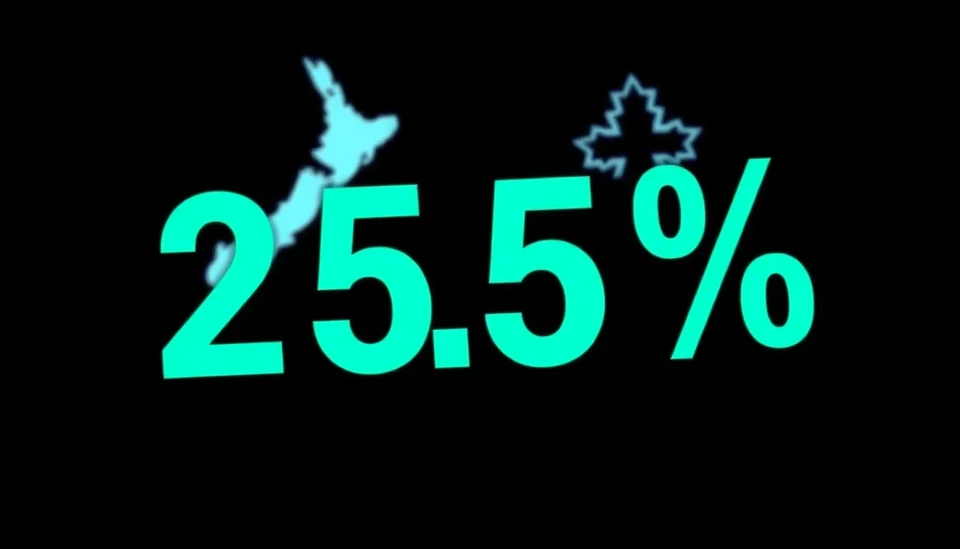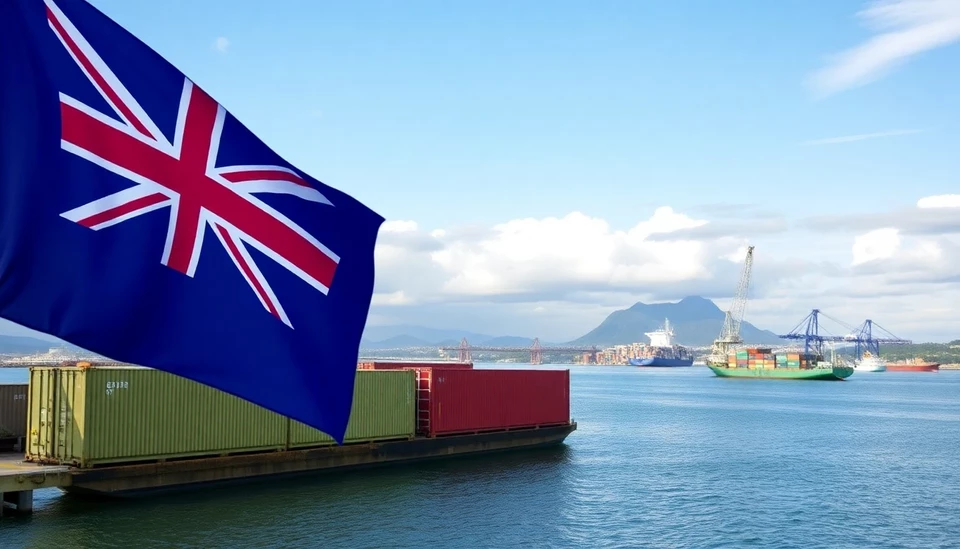
In a major development for the banking sector, New Zealand authorities have initiated an investigation into several banks over allegations of colluding to set climate targets. This probe marks a significant step in the government's efforts to uphold transparency and accountability within financial institutions in relation to climate change commitments.
The announcement comes as the New Zealand Commerce Commission aims to ensure that banks independently establish and adhere to climate-related goals, focusing on the collective actions that could potentially distort competition in the market. The inquiry will assess whether banks have been working together to set specific carbon reduction targets, which could violate anti-collusion laws aimed at ensuring free and fair competition among businesses.
The commission's scrutiny is expected to encompass several prominent banks operating in New Zealand, which have made public commitments to achieving net-zero emissions in alignment with global climate agreements. However, these ambitious targets could be marred if it's determined that these financial institutions engaged in tacit or explicit coordination in setting their goals, thereby undermining the integrity of their commitments.
New Zealand's banking sector has been increasingly vocal about its role in the transition to a low-carbon economy. Many institutions have pledged significant financial resources to support green initiatives and sustainable practices. However, the latest investigation raises important questions about whether working collectively on such climate targets could stifle competition and innovation that could otherwise arise from independent commitments.
The Commerce Commission has encouraged banks to proactively address their climate responsibilities, underscoring the importance of individual accountability in combating climate change. If yields from the investigation suggest any collusion, banks could face substantial fines and sanctions aimed at deterring similar behavior in the future.
The broader implications of this investigation extend beyond just the banking sector. They spotlight the need for transparency in climate-related claims and the importance of accountability among businesses in fostering a sustainable future. It's crucial that all players in the market operate transparently to build consumer trust and facilitate meaningful progress toward climate goals.
As the world grapples with the impacts of climate change, this probe serves as a reminder of the complex interplay between corporate responsibility, competition, and environmental stewardship. The outcome of this investigation will be closely watched, as it could set pivotal precedents for how banks and other financial institutions manage their climate commitments on a global scale.
The investigation is still in its early stages, and more details are expected to emerge as the Commerce Commission delves deeper into the inner workings of the banks’ climate targets. Stakeholders from various sectors will look to the findings to understand the ramifications for the future of banking and environmental policy in New Zealand.
As further developments arise, industry analysts urge stakeholders to stay vigilant and engaged as the discussion about the integration of sustainability in banking continues to evolve.
#NewZealand #Banking #ClimateChange #AntiCollusion #Sustainability #FinancialInstitutions #EnvironmentalStewardship #ClimateTargets
Author: Megan Clarke




